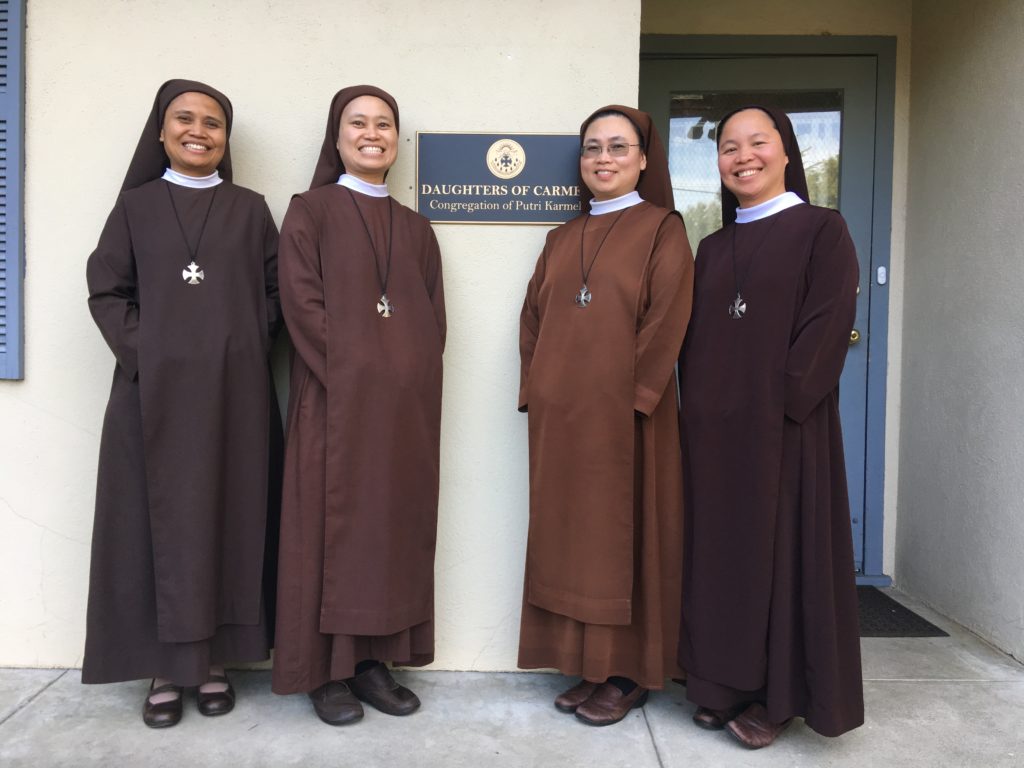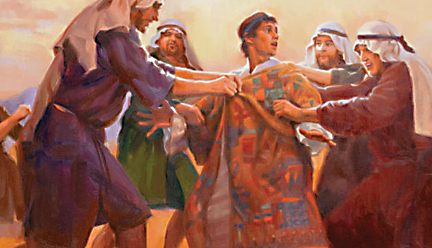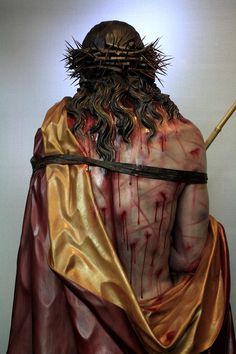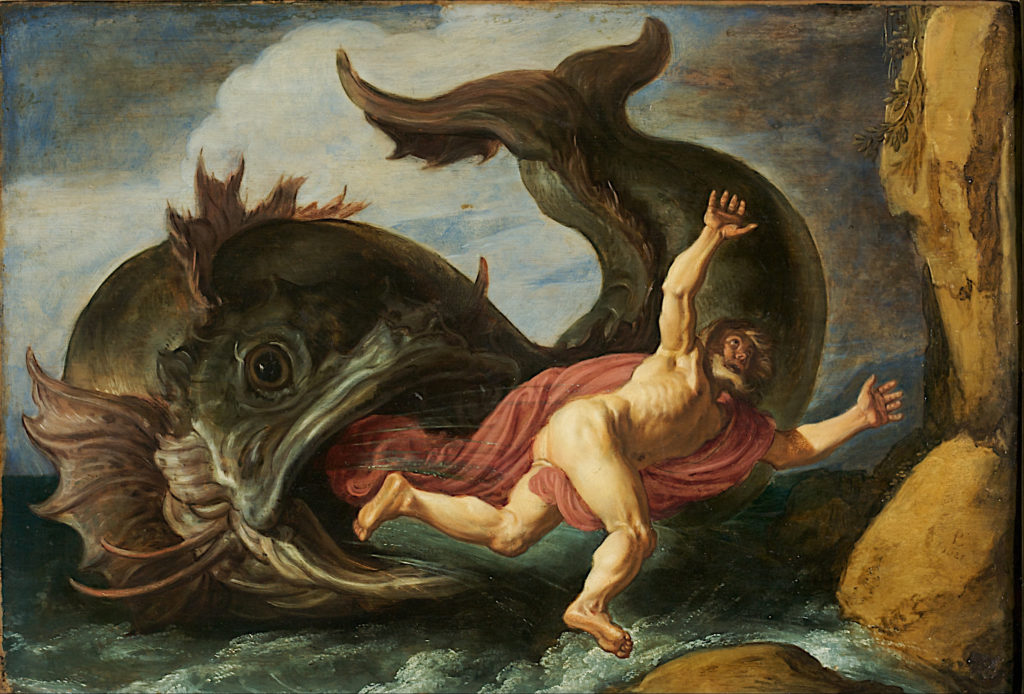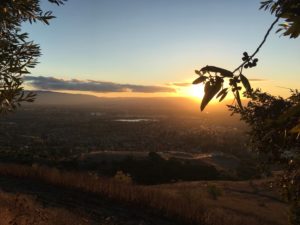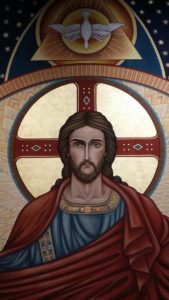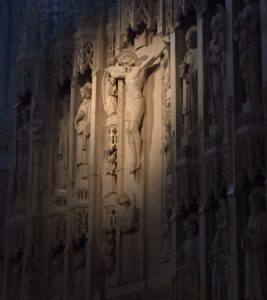ISAIAH 58: 2-6
2They seek me day after day, and desire to know my ways, Like a nation that has done what is just and not abandoned the judgment of their God; They ask of me just judgments, they desire to draw near to God.
3“Why do we fast, but you do not see it? afflict ourselves, but you take no note?”See, on your fast day you carry out your own pursuits, and drive all your laborers.
4See, you fast only to quarrel and fight and to strike with a wicked fist! Do not fast as you do today to make your voice heard on high!
5Is this the manner of fasting I would choose, a day to afflict oneself? To bow one’s head like a reed, and lie upon sackcloth and ashes? Is this what you call a fast, a day acceptable to the LORD?
6Is this not, rather, the fast that I choose: releasing those bound unjustly, untying the thongs of the yoke; Setting free the oppressed, breaking off every yoke?

Will we fast in heaven?
It’d be rude wouldn’t it
to fast there at the heavenly wedding feast,
in the presence of Love Himself?
But when He’s taken away
then we fast.
Not that He’s ever absent —
but we can be absent from Him
through sin or forgetfulness or distraction.
That’s when He calls,
Where are you?
and like Adam and Eve
we hide in the Garden
or like Peter, James and John
we fall asleep.
That’s why we fast:
To stand before God
just as we are,
trusting in His love,
in all our hunger and nakedness and need.
To wake up and see
as God sees,
with eyes of mercy.
That’s when we understand His call
to love in deed and in truth,
to love Christ concretely
in the prisoner, the oppressed,
the hungry, the homeless, the stranger,
even the person we like the least.
And in that love we hear His voice –
not Isaiah’s or Jeremiah’s or Samuel’s or any other prophet’s –
but God Himself says,
Here I am.

